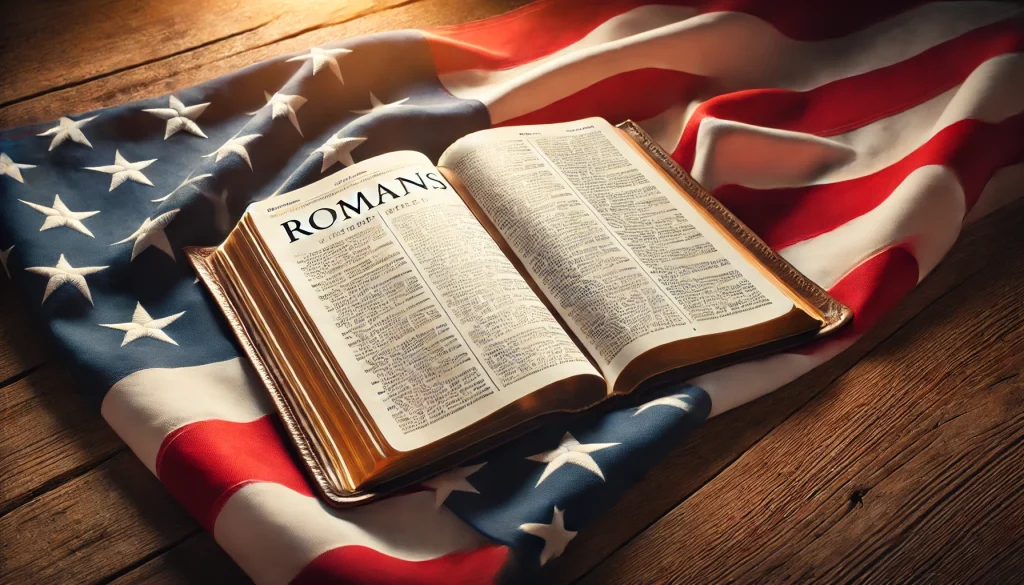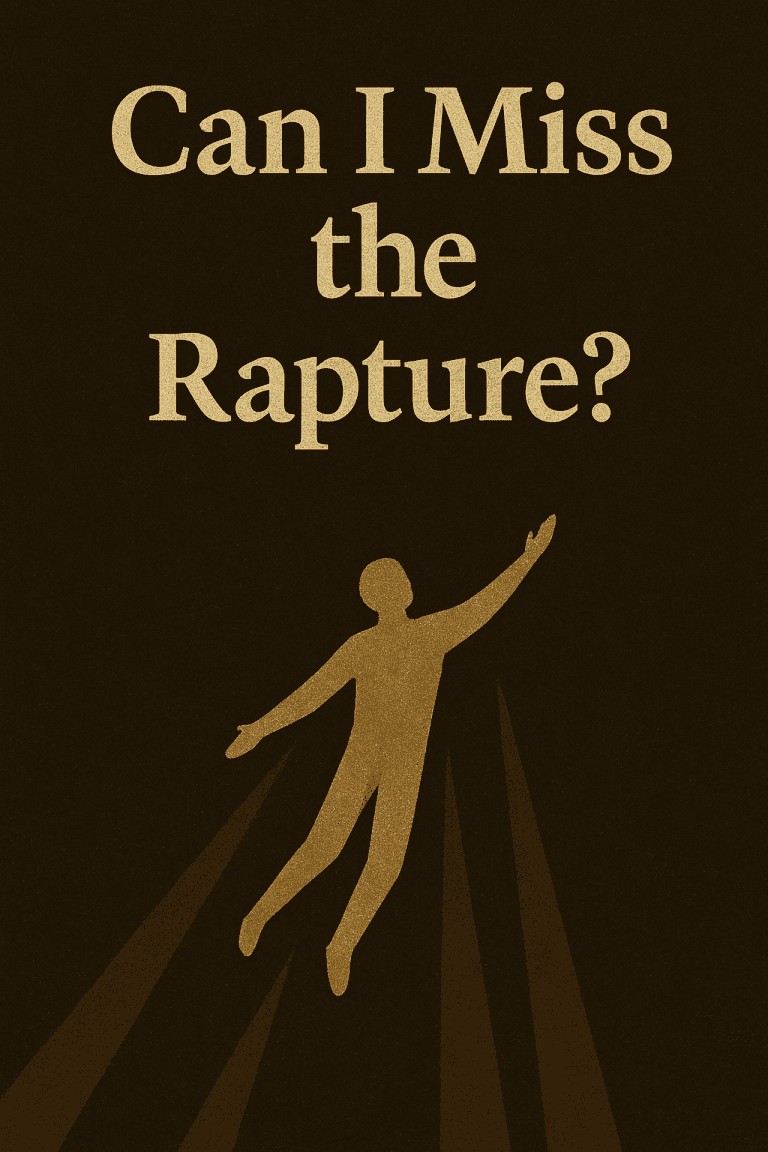Evangelicals in Politics: Navigating Faith and Public Life
Evangelicals in politics face the challenge of balancing faith with public engagement. This article explores biblical principles guiding how believers can navigate political involvement without compromising their spiritual convictions.

As a Christian who deeply loves Jesus Christ, I find myself wrestling with difficult questions when it comes to politics. I know I’m not alone. How involved should we, as evangelical believers, become in political matters? How much should we rely on politics to advance our faith? Where is the line between faithful Christian citizenship and making an idol out of politics or a nation?
In recent years, evangelicals in politics have become highly visible, and at times, highly controversial. Many have boldly entered the public square to influence cultural issues, shape policies, and mobilize voters. But as evangelical Christians, we need to pause and honestly ask ourselves: Is our political involvement clearly reflecting Christ to the world, or are we confusing our eternal calling with temporary political victories?
My desire, like yours, is to glorify Jesus Christ and point others to the freedom found only in Him. Yet, too often, the world sees folks in the church involved in politics and perceives hypocrisy, inconsistency, or even outright idolatry. I want people to look at me and clearly see Christ—but far too often, they only see a flawed human being fighting political battles, and not always in ways that glorify the Savior.
What Does the Bible Teach About Christians and Government?
To properly understand how evangelicals should engage politically, we need clarity from God’s Word. Paul provides foundational instruction in Romans 13:1–2:
“Let every person be subject to the governing authorities. For there is no authority except from God, and those that exist have been instituted by God. Therefore whoever resists the authorities resists what God has appointed, and those who resist will incur judgment.”
These verses can seem straightforward: God sovereignly establishes all earthly authorities. As believers, we should submit to those authorities. But does that mean blind obedience? Absolutely not. Scripture always provides balance.
Consider Acts 5:29, where Peter makes this essential distinction clear: “We must obey God rather than men.” If earthly authorities command something contrary to God’s Word, our allegiance must remain unwaveringly to Christ. The key here is discernment—knowing when submission to authority honors God, and when standing boldly for God’s commands takes priority.
That means evangelicals in politics must carefully examine their motives and methods. Are we standing up for clear biblical principles like sanctity of life and marriage? Good! But are we sometimes so eager for political victory that we sacrifice our Christian witness? That’s the danger, and it’s very real.
Evangelicals in Politics and the Rise of Christian Nationalism
Today, many evangelical believers have embraced a movement often called Christian nationalism, which blends Christianity with patriotic fervor. Now, let’s be clear right from the start: loving your country is not wrong. Acts 17:26 reminds us that God established every nation, determined their times, and set their boundaries. God Himself is a God who creates and governs nations.

But Christian nationalism often goes much further than that. It suggests that America, or any other nation, holds some special or divine status apart from clear biblical revelation. And friends, that’s a serious mistake. Nations serve God’s sovereign purposes; they aren’t ends in themselves.
Consider what happened at events like the January 6 Capitol attack. Crosses, Bible verses, and prayers were displayed side-by-side with political slogans and earthly battles for power. I fear this confuses people about the true message of Christianity. When non-believers see Christians passionately waving banners of political revolution alongside the cross of Christ, it’s no wonder they see confusion rather than clear gospel truth.
God’s Purpose for Nations—And the Dangers of Misplaced Allegiance
Now, let’s be clear. God certainly created distinct nations, sovereignly established them, and defined their borders. But why did He do this?
In Acts 17:26-27, Paul provides clarity:
“And he made from one man every nation of mankind to live on all the face of the earth, having determined allotted periods and the boundaries of their dwelling place, that they should seek God, and perhaps feel their way toward him and find him.”
Do you see it? Nations exist to serve God’s ultimate purpose—leading people toward the knowledge of God, His holiness, and His grace. Israel, God’s chosen nation, illustrates this truth perfectly. God didn’t choose Israel because they were better or superior to other nations. He chose them to reveal Himself, to display His character and His salvation. God used Israel as a beacon, pointing all people to the one true God (Isaiah 49:6).
The temptation for evangelicals in politics today is to lose sight of that truth. Instead of pointing people clearly to Jesus Christ, we often get caught up in temporal political power and worldly success. The risk? We shift our hope from the sovereign God who rules over all nations (Psalm 22:28) to earthly governments and political leaders—who, at their best, are still fallen, sinful people, just like you and me.
Prominent Evangelicals in Politics: Navigating Influence and Integrity
As we consider evangelicals in politics, it’s helpful to look briefly at a few prominent examples—men who sincerely desire to glorify Christ but who also illustrate both the opportunities and challenges evangelical believers face when stepping into political arenas.
Franklin Graham: Mobilizing Evangelicals in Politics
Franklin Graham has been a significant figure among evangelicals in politics, especially over recent election cycles. His passionate and vocal support of conservative candidates—particularly Donald Trump—has undeniably influenced many believers to become politically active. Graham sees political engagement as a necessary tool for Christians to defend biblical morality and religious freedom.
But Graham’s political involvement has also sparked debate among evangelicals themselves. Many Christians, myself included, deeply respect Graham’s boldness but have found ourselves wrestling with an important question: Have evangelicals in politics sometimes elevated political victories above our primary mission—proclaiming the gospel of Jesus Christ?
We must always remind ourselves: political outcomes, even good ones, are temporary. Graham’s example challenges us to consider whether our political involvement is clearly pointing people toward Jesus, or inadvertently distracting them from the gospel.
Sean Feucht: Blending Worship and Politics
Another prominent evangelical in politics today is Sean Feucht. Feucht is known for his worship gatherings that blend public praise with political activism. His rallies, often held in politically charged environments, have energized many Christians who feel marginalized or silenced in today’s culture. Feucht boldly asserts his right—and our right—to openly worship God in the public square, a right worth defending.
Yet, again, there’s a caution here. The question evangelicals in politics must continually ask themselves is whether blending worship events and political activism clearly glorifies Christ or unintentionally sends mixed signals to the world. Worship is about God’s glory, not political agendas. If our praise is perceived as political performance, it can obscure rather than illuminate the beauty of Christ and the clarity of His saving message.
Franklin Graham and Sean Feucht remind us that evangelical political engagement is powerful—but we must handle it carefully, prayerfully, and biblically. As believers, our ultimate desire should always be pointing clearly and consistently to Jesus Christ alone.
Why Do Evangelicals Engage Politically?
So, why do evangelicals engage in politics? Typically, it’s rooted in sincere biblical convictions:
- To uphold biblical morality. Issues like abortion, marriage, and religious liberty aren’t merely political—they’re biblical. As Christians, we rightly feel compelled to speak truth into these areas.
- Concern over moral decline. Many of us see political engagement as a way to push back against the increasing immorality around us, in obedience to Christ’s call to be “salt and light” (Matthew 5:13–16).
- Advocating for justice: Passages like Micah 6:8 remind us that we have a clear biblical call to “do justice, love mercy, and walk humbly with our God.”
These motives are biblical. But even good motives can become corrupted when we allow our political priorities to eclipse the gospel itself. And that’s where we must be vigilant.
The Right Way to Engage Politically as Evangelicals
If you’re a believer wrestling with this tension, you’re in good company. The apostles themselves faced similar struggles. But God’s Word gives us clear guidance:
- Maintain Christ-Centered Priorities: Our first and greatest allegiance is to Jesus Christ—not political parties, not nations, not leaders.
- Prioritize the Gospel: Politics will never save anyone eternally. Only Jesus Christ can. Our political engagement must point clearly and humbly to Him, never distracting from our central message.
- Balance Submission and Boldness: Romans 13 instructs us to submit to authorities, but Acts 5:29 clearly tells us to obey God first. We must be discerning, speaking truth in love—even when it’s politically costly.
- Seek Godly Wisdom: James 1:5 instructs us clearly: if we lack wisdom, ask God. In politics, believers desperately need wisdom to know when to speak, when to act, and when to step back and trust God’s sovereignty.
Final Thoughts: Keeping Christ at the Center

As evangelicals in politics, we walk a narrow path. Political victories are temporary, but our eternal calling to proclaim the gospel never changes. Our goal isn’t primarily earthly success or national pride—it’s pointing lost sinners to Jesus Christ.
We can’t forget this crucial truth: We are citizens of heaven first (Philippians 3:20). Our role on earth is to faithfully represent our King, Jesus Christ, above all else. Yes, engage politically. Yes, vote, speak up, and influence our nation for good. But always remember, no human institution can ever be our true hope.
Christ alone is our hope.
Want to understand what the Bible really teaches about election?
👉 Download my free pamphlet: Chosen by Grace
A simple, Scripture-focused guide to God’s sovereignty in salvation.
Discover why salvation depends not on man’s will or effort, but on God who has mercy.
Walt Roderick is a Christian writer who cares more about biblical clarity than online applause. He writes to strengthen believers and confront spiritual drift.






